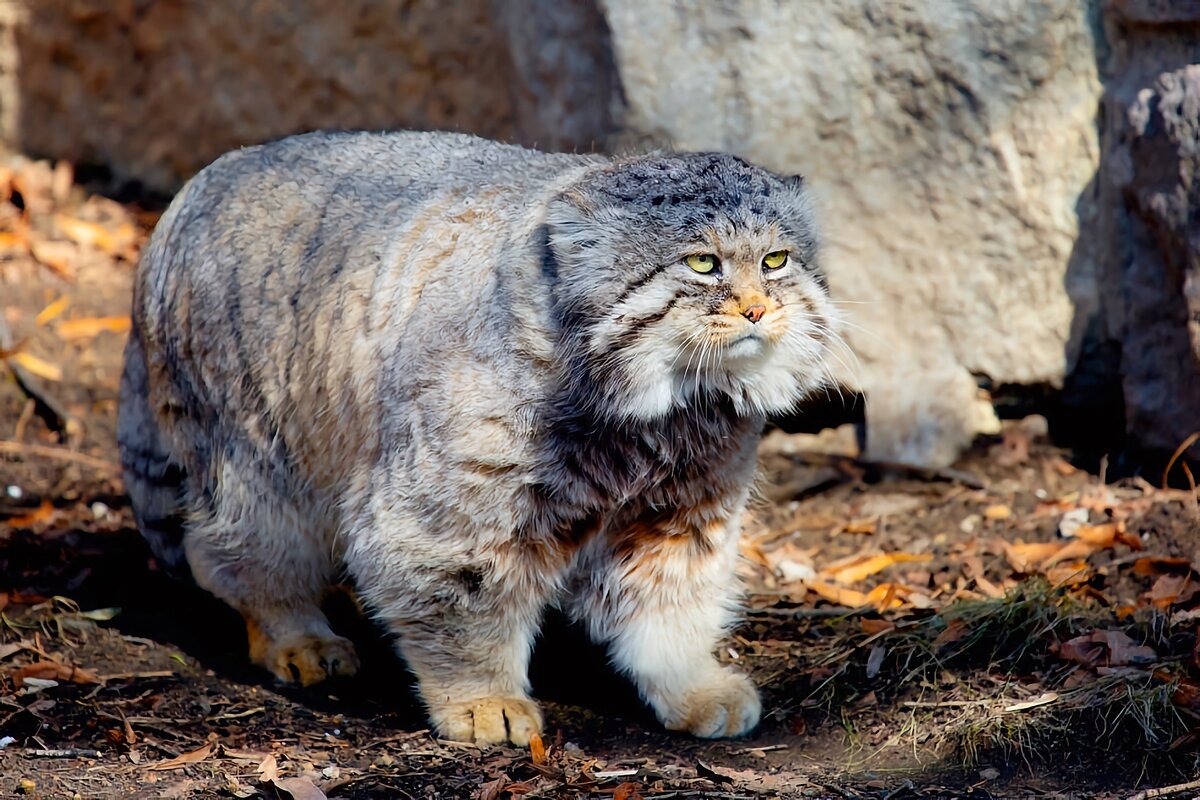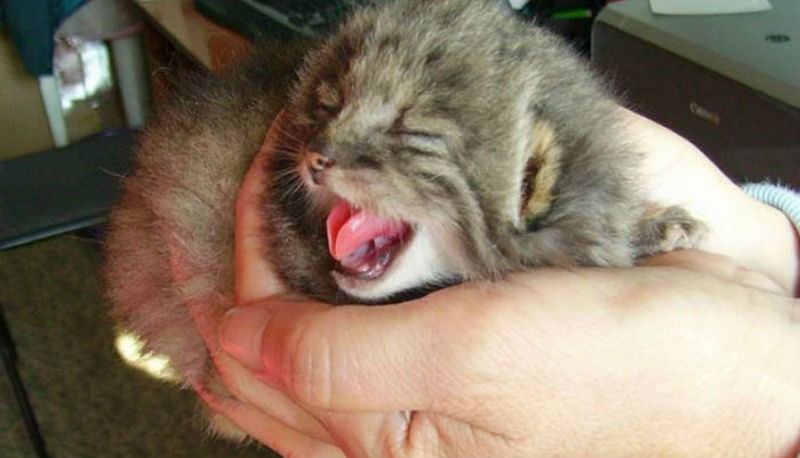The farmer saved not quite ordinary kittens on his plot

In a serendipitous stroll around his farm located in the vast Trans-Baikal Territory, a local agriculturist stumbled upon a quartet of tiny feline beings near an abandoned herding structure. These little creatures were in a vulnerable state. Sensing their plight, the farmer knew he had to intervene. Despite their feline features, these kittens bore an uncanny, almost exotic appearance compared to typical house cats.

Seeking wisdom on the situation, the farmer reached out to the specialists at the International Reserve “Dauria” for assistance in identifying the peculiar breed, so that he might provide them with suitable care. To his surprise, the reserve’s experts identified the younglings as anything but common domestic kittens.

The discovery revealed that the kittens were, in fact, offspring of the elusive Pallas’s cat, also known as the manul, a rare feline native to Central Asia’s landscapes. In an act of interspecies compassion, the reserve’s team fostered the manul cubs with a pair of domesticated feline surrogates, who graciously assumed the role of caregivers.

The manul species, characterized by its stocky build, short yet robust limbs, and an exceptionally dense coat, is classified as “near threatened” according to the Red Book, imposing a universal ban on hunting these rare animals.

As the manul kittens matured, the time came for their reintroduction into their natural habitat.
Yet, the reserve caretakers were not ready to sever all ties with their once-dependent charges. They equipped each young manul with a tracking collar, ensuring a transitional oversight of their adaptation back to the wild.

Initially, the young manuls continued to revisit the humans who had offered them sanctuary. But as time progressed, they fully embraced their independence, growing into their instincts and gradually extracting themselves from human interaction.



